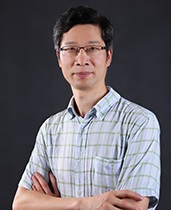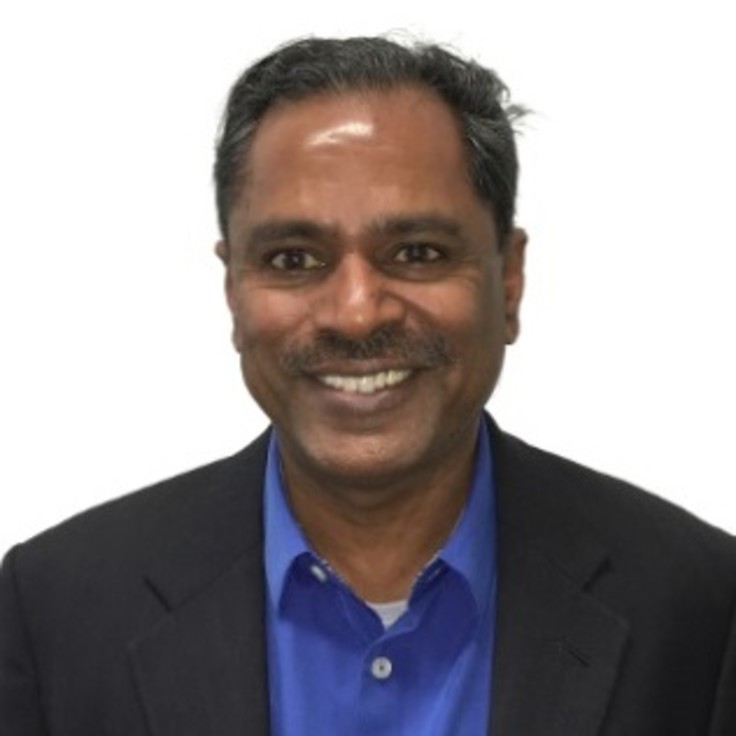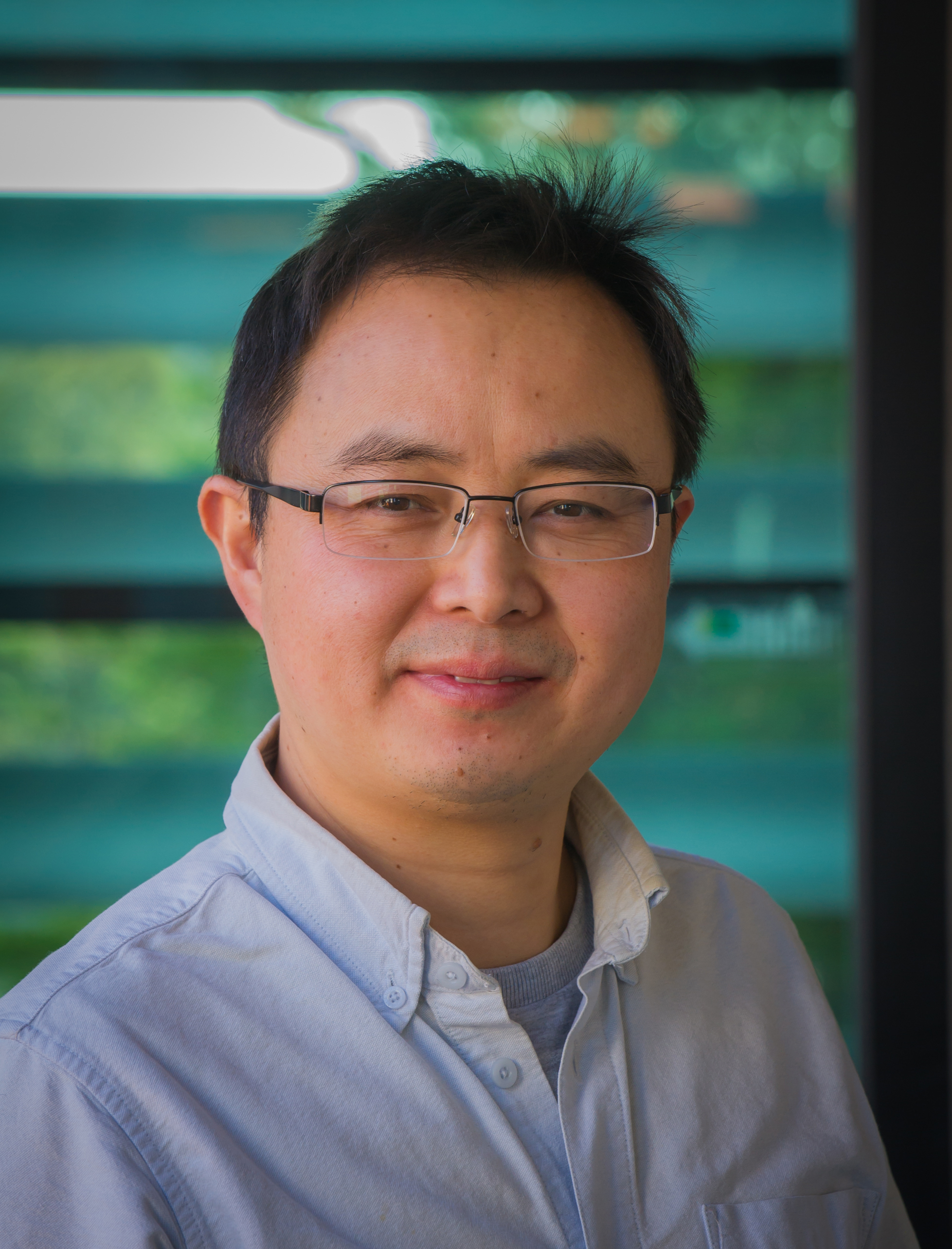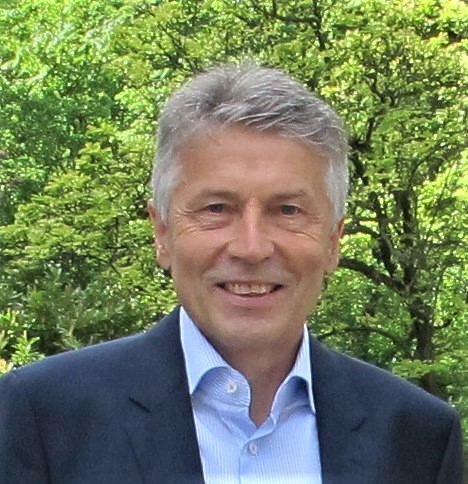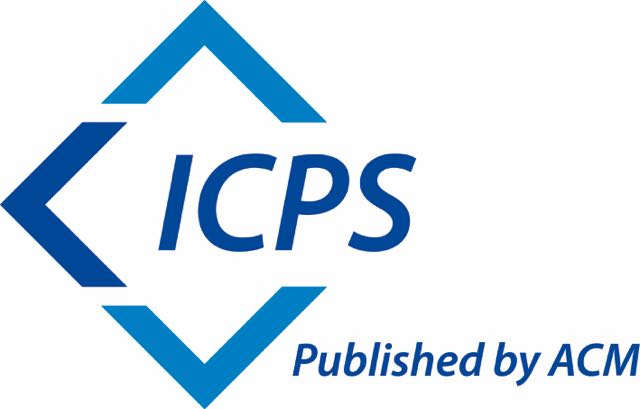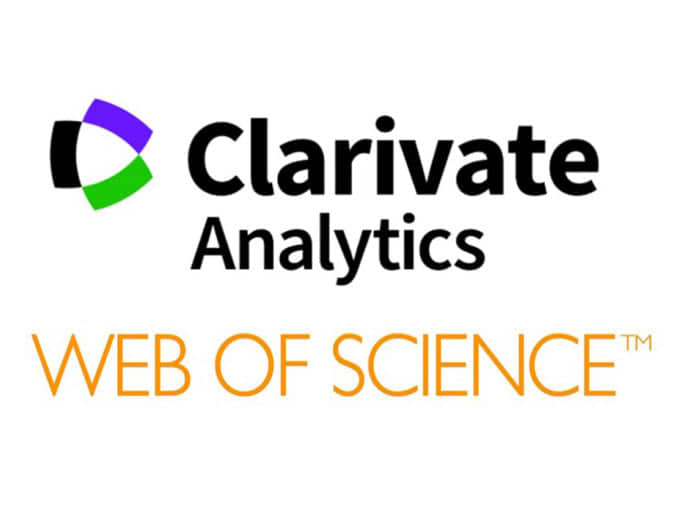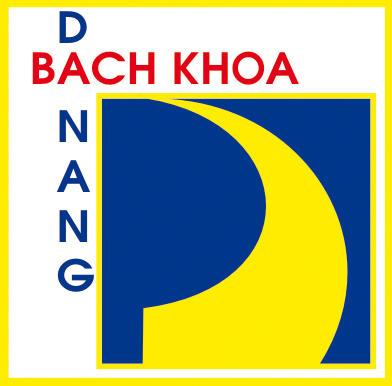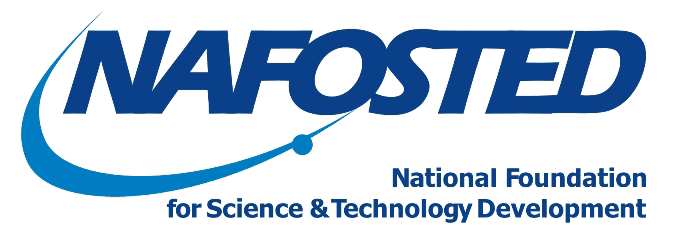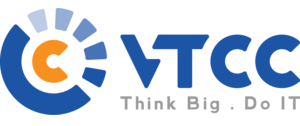Speakers
Prof. Xin Yao
Southern University of Science and Technology, China
Chair of Computer Science, School of Computer Science, the University of Birmingham
|
|
Title of the talk: Three Major Approaches to Tackling Many Objectives Abstract: Many optimisation problems in the real world need to consider multiple conflicting objectives simultaneously. Evolutionary algorithms are excellent candidates for finding a good approximation to the Pareto optimal front in a single run. However, many multi-objective optimisation algorithms are effective for two or three objective only. It is an on-going challenge to deal with a larger number of objectives. In this talk, I will explain several methods for dealing with many objectives. First, we will describe a method for reducing a large number of objectives to a smaller one, especially when there is redundancy among different objectives. Second, alternative dominance relationship, other than the Pareto dominance, will be introduced into to make previously non-comparable solutions comparable. Lastly, new algorithms will be introduced to cope with many objectives through the use of two separate archives, for convergence and diversity, respectively. Our studies show that these methods are very effective and outperform other popular methods in the Bio-sketch of the speaker: Xin Yao is a Chair Professor of Computer Science at the Southern University of |
Prof. Marimuthu Palaniswami
Department of Electrical and Electronic Engineering
The University of Melbourne
|
|
Internet of Things Revolution: Can Predictive Analytics Create Sustainable and Fair Smart Cities Bio-sketch of the speaker: Marimuthu Palaniswami is a Fellow of IEEE and a distinguished lecturer of the IEEE Computational Intelligence Society. He received his Ph.D. from the University of Newcastle, Australia before joining the University of Melbourne, where he is a Professor of Electrical Engineering and Director/Convener of a large ARC Research Network on Intelligent Sensors, Sensor Networks and Information Processing (ISSNIP) with about 100 researchers on various interdisciplinary projects. Previously, he was a Co-Director of Centre of Expertise on Networked Decision & Sensor Systems. He served in various international boards and advisory committees including a panel member for National Science Foundation (NSF). He has published more than 480 refereed journal and conference papers, including 3 books, 10 edited volumes.
|
Prof. Shui Yu
School of Software
University of Technology Sydney, Australia.
|
|
Title: Networking and Big Data: Challenges and Opportunities Abstract: Big Data is one of the hottest topics in data science community. However, we found that the fancy learning and mining applications would be impossible without the support from the underneath layers, which is generally named as Networking for Big Data or Big Data Networking. It is an emerging and attractive topic in networking and communication communities. In this talk, we will firstly overview the current landscape of this energetic area, and then present the unprecedented challenges in this new domain, and finally discuss the current research directions in the field. We humbly hope this talk will shed light for forthcoming researchers to further explore the uncharted part of this promising land. |
Prof. Kurt Geihs
Department of Electrical Engineering and Computer Science
University of Kassel, EECS Department
|
|
Title of the talk: Teamwork in Multi-Robot Systems Abstract: The increasing number of robots around us will soon create a demand for connecting these robots in order to achieve goal-driven teamwork in heterogeneous multi-robot systems. In this presentation we focus on the engineering viewpoint of robot teamwork. While the conceptual modelling of multi-agent teamwork has been studied extensively during the last two decades, related engineering concerns have not received the same degree of attention. Now is the time to change this because real robots are available and increasingly used in real applications. Our presentation has two parts: The analysis part discusses general design challenges that apply to robot teamwork in dynamic application domains. The constructive part presents existing engineering approaches in response to these challenges. Thus, we aim at creating awareness for the manifold challenges and dimensions of the design space, and we highlight characteristics of viable technical solutions. Finally, we present some open research questions that need to be tackled in future work. Bio-sketch of the speaker: Kurt Geihs is a full professor in the EECS Department at the University of Kassel (Germany) and founding director of the Interdisciplinary Research Center for Information System Design (ITeG). His research and teaching interests include distributed systems, multi-robot systems, and software technology. Current research projects focus on self-adaptive context-aware systems, collaborative autonomous mobile robots, and socio-technical development methods. He has published more than 200 refereed articles and is author / co-author / editor of several books. Before joining the University of Kassel he was professor at TU Berlin and University of Frankfurt, and researcher at the IBM European Networking Center in Heidelberg. He received a David Lorge Parnas Fellowship from Lero – the Irish Software Research Centre in 2016, and an Alexander von Humboldt South African Research Award in 2004. From 2007-2013 he was a member of the Computer Science panel of the European Research Council. He was a visiting professor and guest scientist at IMT (Lucca/Italy), LERO (Limerick/Ireland), FBK (Trento/Italy), Sintef and NTNU (Trondheim/Norway), University of Pretoria (Pretoria/South Africa), Microsoft Research (Cambridge/UK) and IBM Research (Hawthorne/USA). He holds a PhD from RWTH Aachen (Germany), a M.Sc. from UC Los Angeles (USA), and a Diplom Degree from TU Darmstadt (Germany), all in Computer Science. |
Dr. Vu Thuy Duong
Bioinformatics group, Westerdijk Fungal Biodiversity Institute
|
|
Title of the talk: Massive fungal biodiversity data re-annotation and visualization with multi-level clustering Bio-sketch of the speaker: Duong Vu obtained a PhD degree in computer science from the University of Amsterdam, The Netherlands in 2002. After two years working as a postdoc at the same university, she moved to the Westerdijk Fungal Biodiversity Institute, Utrecht, to work as a scientific researcher. She has been developing information systems, algorithms and software tools to manage, analyze and extract knowledge from large amounts of data generated at the Westerdijk Institute. Her current research interest is to advance computer algorithms for big data analytics and efficient computing. |
